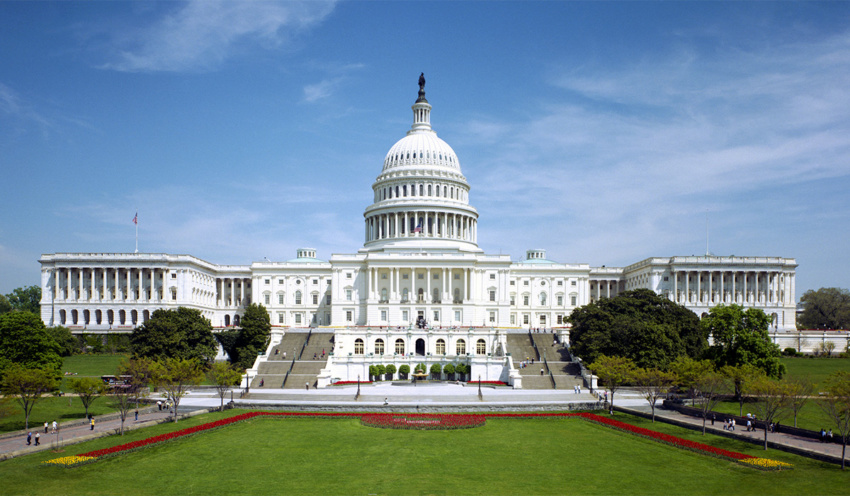Government Tourism Assistance and
Support After COVID-19
The situation caused by the spread of COVID-19 has become critical for the travel and tourism industry and hospitality management. Governments tourism assistance vary a lot: tax holidays, one-time payments, and reduced loan rates for small and medium-sized businesses have already been introduced in many countries of the world. International tourism may decline by 60-80% this year due to the consequences of the COVID-19 pandemic. This forecast was made by the UN World Tourism Organization (UNWTO).
Workers in the hospitality management and tourism industry are asking the government to postpone the payment of taxes and insurance payments with the possibility of their full write-off if the crisis persists. In order to avoid massive cuts, they also propose that their salary costs (2/3 of salaries), utility payments, etc., be subsidized. The occupancy rate of the hotels in the world is almost zero, revenue is catastrophic, so it is directed to maintain current activities.

Government Tourism Assistance and Support
This will help hotels survive, otherwise many of them will have to close: the current situation can be called a collapse. Without the help of the state, many hotels fear bankruptcy and transfer to the ownership of banks, and staff – mass cuts. European countries are already helping the hotel sector in every way possible.
White House on the guard of the tourism business
The United States declared the support for their businesses most clearly, announcing in March the introduction of tax holidays for up to 3 months for small and medium-sized businesses. It has become joyous news for all people working in the tourism and hospitality industries.
US President Donald Trump also asked Congress to approve additional funds of $50 billion to support small businesses most affected by the coronavirus pandemic. In addition, the so-called “coronavirus” loans issued at low rates – 3.75% for small businesses and 2.75% for NGOs – are beginning to operate in the United States. The maturity of the loan will be up to 30 years.
Analysts estimate that the losses of the American tourism industry since the beginning of the year are calculated at millions. For example, representatives of Hilton Hotel Chain estimate their potential damage of $50 million due to mass cancelations of reservations in Asia, and in the sphere of MICE losses from different companies amount to more than $130 million. The overall drop in demand for the industry can reach up to 30% compared to the previous period. The last such fall was after the terrorist attacks of September 11, 2001.
Italy and its help for the travel and tourism industry after COVID-19
However, the US was not the first country to help representatives of their tourism industry. Already on March 8, Italian authorities said they were ready to provide a tax credit for any company whose revenue had decreased by more than 25% because of the coronavirus pandemic. For many tourism representatives who had effectively ceased to operate, this was a significant help from the state.
These measures were an addition to the earlier extension of the deadline for the delivery of tax returns for companies and citizens living in the most severe epidemiological danger zone in northern Italy. In addition, in March, the Italian authorities developed a plan to help businesses and the population and allocated an emergency sum of 25 billion euros, which will be implemented through three main lines: lending to small and medium-sized businesses, direct cash assistance to companies most affected by COVID-19, as well as assistance to workers who have been dismissed.
How other governments support their travel and tourism industry
- Australia: announced a $17.6 million set of measures to help small businesses and make one-time social payments to the population. Measures to subsidize the tourism industry as the most affected industry from the coronavirus pandemic are specified separately.
- UK: announced a program to support the economy with a total amount of 37 billion dollars. Among them, there are tax cuts for retailers and representatives of the hospitality industry, support for small businesses, including assistance in payment of benefits and sick leave to those turned out to be in self-isolation, as well as tax holidays for 1 year for representatives of a micro business in the leisure industry. Extra grants of at least £3 thousand are promised to small businesses.
- Germany: expressed the willingness to provide a set of measures of 610 billion euros to save German companies. The program includes government guarantees for loans that will help solve problems arising from a recession or reduction in cash flow. First of all, state support will be applied to such areas as air transportation, tourism industry and gastronomy.
- Georgia: also announced tax holidays for representatives of the tourism industry. Thus, hotels, hosts, restaurants, etc. are exempt from income tax and property tax within the next 4 months.
- China (Hong Kong): introduced a one-time subsidy of $1200 to each resident and additional payments to those who receive benefits, monthly housing payments for those living in statehouses, as well as significant cuts in taxes and other payments for both individuals and entrepreneurs. In addition, the government guarantees low loan rates for businesses.
- PRC: significant amounts have already been added to the economy of this country to increase the volume of loans, as well as significantly reduced the lending rate by 0.05-0.10%. In total, more than $79 billion has been released by mid-March to support the production and the economy. Similar measures were implemented by the PRC during the crises of 2008 and 2015, significantly expanding them this year.
- The Netherlands: representatives of the flower production, hospitality, and leisure asked the government in March to assist their business in connection with the situation on the market due to the coronavirus. They asked for a faster introduction of measures supporting these industries. For example, experts estimate that the hospitality industry in the Netherlands now employs about half a million people, many of whom may soon lose their jobs.
- France: The government presented an action plan of tens of billions of euros to weather the crisis. Among them, there are state guarantees of up to 90% on loans for small and medium-sized businesses.
- Switzerland: promised 10 billion Swiss francs (about 10.5 billion US dollars) to its companies to support the production in conditions of a negative impact of the COVID-19 on the economy.
- South Korea: claimed about a set of measures worth $9.8 billion, including a help to small and medium-sized businesses, payment of children’s benefits, and re-education programs for those who lost their jobs.
- Japan: put in place a set of measures in total about $20 million to help and lend to small and medium-sized businesses. Special emphasis is placed in the country on medical costs, particularly the production of medical masks.
Feel free to ask for help the state of your country! Ask for tax cuts or breaks, ask for benefits for your employees, for help in establishing a safe mode, in managing the property, organizing meals for employees, etc. This topic can be continued for a long time, and only the lazy one will not come up with what else can be asked from the state. As businesses, we have been paying taxes to the state, and now it is time to use the accumulated amounts to preserve the businesses and continue their existence, to further tax payments and the value-added tax that the travel and tourism industry generates.
Updated on: . Author:






